
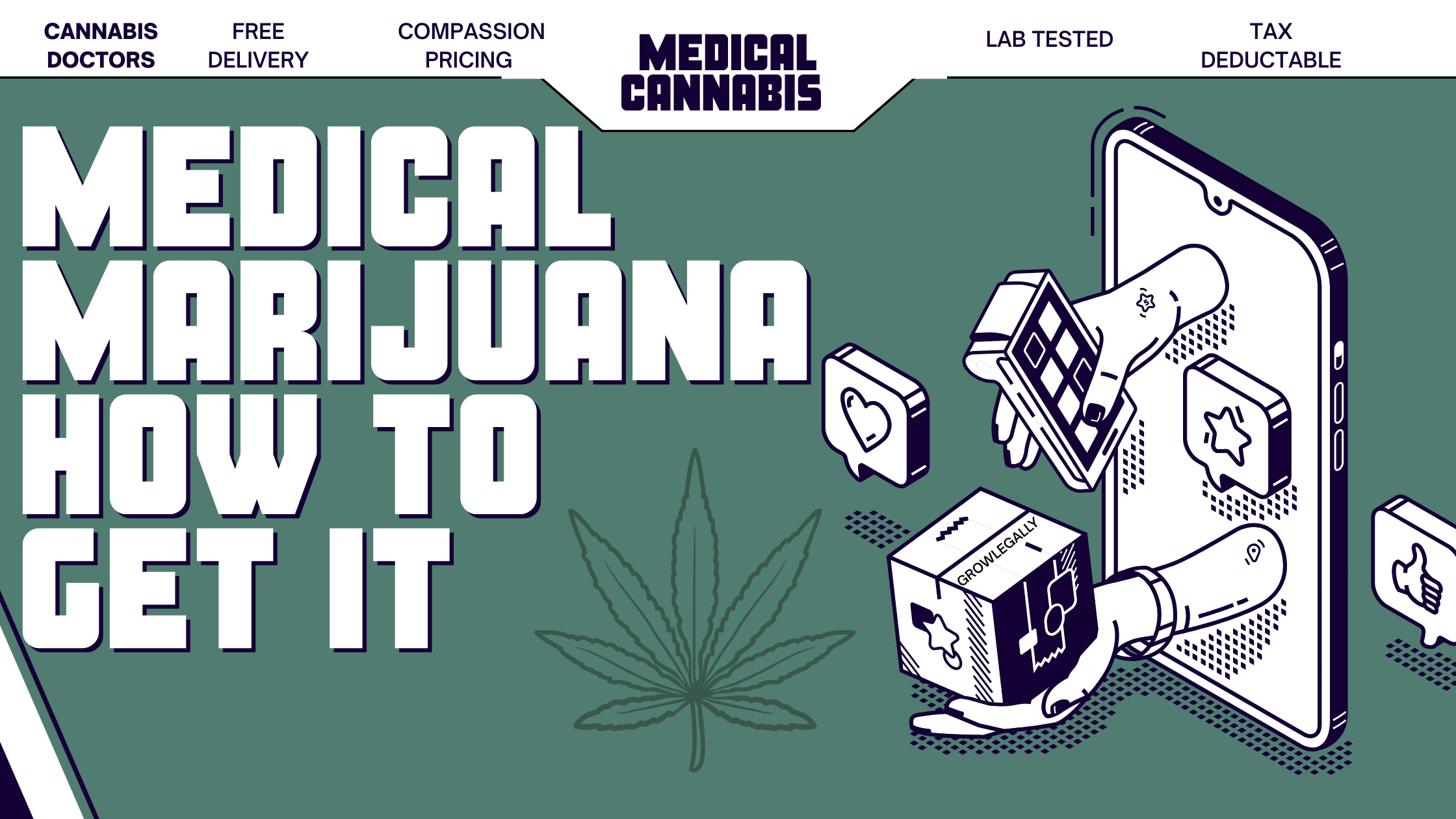
Medical Marijuana - How To Get It?
In Canada, medical cannabis is accessible to patients through authorization from a licensed healthcare practitioner, and there are no restrictions on which conditions may qualify. Health Canada leaves it to doctors and nurse practitioners to determine whether cannabis may help manage a patient’s symptoms, which means access is no longer limited only to severe or terminal illnesses. For many, this has been life-changing, opening safe and legal pathways for conditions such as chronic pain, arthritis, migraines, anxiety, insomnia, endometriosis, irritable bowel syndrome, and even recurring headaches.
Instead of navigating the system alone, patients often turn to cannabis patient educators and trained marijuana doctors for guidance. These professionals understand the process of medical documentation, prescriptions, and the steps involved in obtaining a medical marijuana card Canada. Veterans living with PTSD and chronic pain have also found support through the GrowLegally Veterans program, which has helped countless former service members access treatment options through the Health Canada medical cannabis program.
Once authorized, patients have three main options: purchase from a licensed producer, apply for a personal cannabis grow licence, or designate someone to grow cannabis plants on their behalf. Under the ACMPR personal grow licence Canada framework, the number of marijuana plants permitted is based on your daily prescription. Health Canada’s plant calculator translates dosage into plant counts, and as a general rule, every 1 gram per day equals about five indoor plants. For example, a 3 g/day prescription could allow for 15 plants, while 10 g/day or more may exceed 50 plants.
For public possession, medical cannabis patients can carry the lesser of 150 grams or their daily authorized amount multiplied by 30, plus the standard 30 grams allowed to all adults under the Cannabis Act. For example, a 5 g/day authorization equals 150 grams over 30 days, so the maximum you could legally carry in public would be 150 grams. At home, there is no legal limit on how much cannabis you may store for personal medical or recreational use, as long as it was obtained legally.
Some medical cannabis patients may also qualify for insurance reimbursement or workplace union coverage, depending on their plan. This is especially true for veterans, first responders, or workers with extended health benefits negotiated through unions. While not every policy covers cannabis, more Canadian insurers are recognizing it as a medically necessary treatment when prescribed by a healthcare practitioner. Medical cannabis patients may also benefit at tax time, as the Canada Revenue Agency (CRA) allows the cost of cannabis purchased from a licensed seller with a valid authorization to be claimed as a medical expense deduction.
When prescriptions are higher than average, Health Canada may issue what is known as a Letter of Refusal. This usually happens when patients cannot provide enough medical documentation to support why they need more than the standard amount. At GrowLegally, we will always be upfront and honest with you about whether you may qualify for a higher authorization. While we can guide you through the process, we will never guarantee approval for amounts above the average. Health Canada carefully reviews these applications, and final decisions are always based on medical records and practitioner evidence.
It is important to remember that Health Canada has the final decision, even if a practitioner writes a higher prescription. Typically, the physician or nurse practitioner who issues the authorization is not the patient’s family doctor or the specialist treating their main condition. For this reason, the cooperation and support of the family doctor or specialist is often required to provide Health Canada with the medical evidence needed to justify higher amounts. Without this collaboration, applications for larger prescriptions are far less likely to be approved.
Canadian courts, however, have made it clear that patients have a constitutional right to reasonable medical access. In Allard v. Canada (2016), the Federal Court ruled that restricting personal production unfairly limited patients’ access to medicine and violated their rights under the Charter. This means that when patients can provide solid medical evidence, larger prescriptions and authorizations have been upheld as lawful and necessary.
Medical cannabis Canada patients also benefit from additional protections compared to recreational users. While both groups can store unlimited amounts of cannabis at home, only medical patients can carry more than 30 grams in public and grow more than four plants per household. Medical authorization also provides benefits such as possible tax deductions and coverage through some insurance or union health plans.
Whether you are searching for a medical marijuana clinic near me, looking for a medical cannabis clinic Toronto, or asking how to get medical marijuana in Canada, the process begins with a consultation and a practitioner who understands your health concerns.
At GrowLegally, we provide compassionate support for patients across Ontario and every province. From securing your medical cannabis prescription Toronto to applying for a personal cannabis grow licence, our team ensures your access to cannabis is safe, legal, and built around your medical needs.
Would you like me to also draft a short meta description (about 150 characters) for this blog, so it’s ready for search engine optimization?
Previous Post
Next Post

Storing Medical Cannabis – Learn how to properly store your cannabis and keep its potency strong.
Go To Post
Before Acquiring Medical Marijuana, Here Are 2 Questions That Your Doctor Is Likely To Ask You (Plus a Bonus One!)
Go To Post



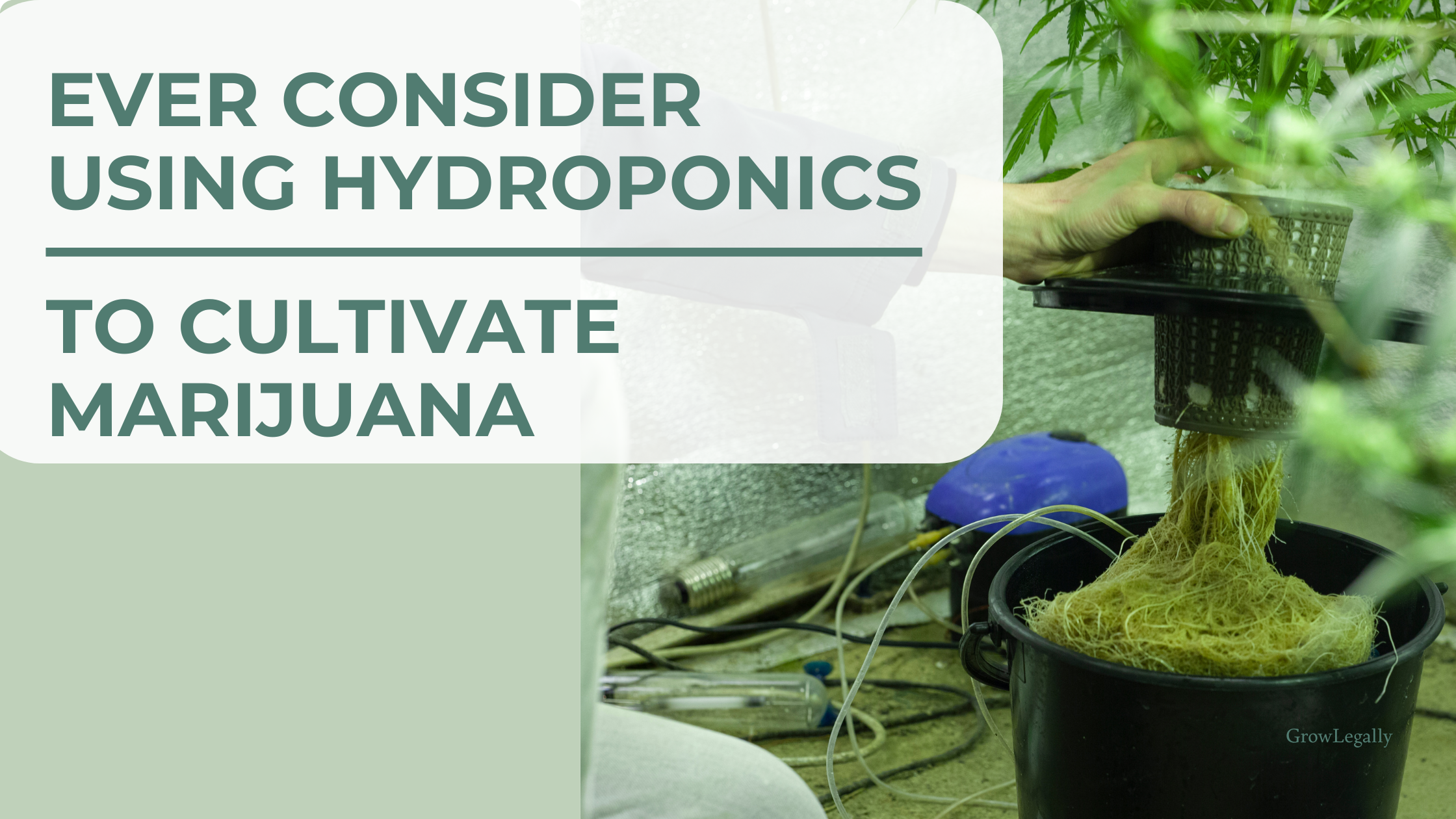

.png)
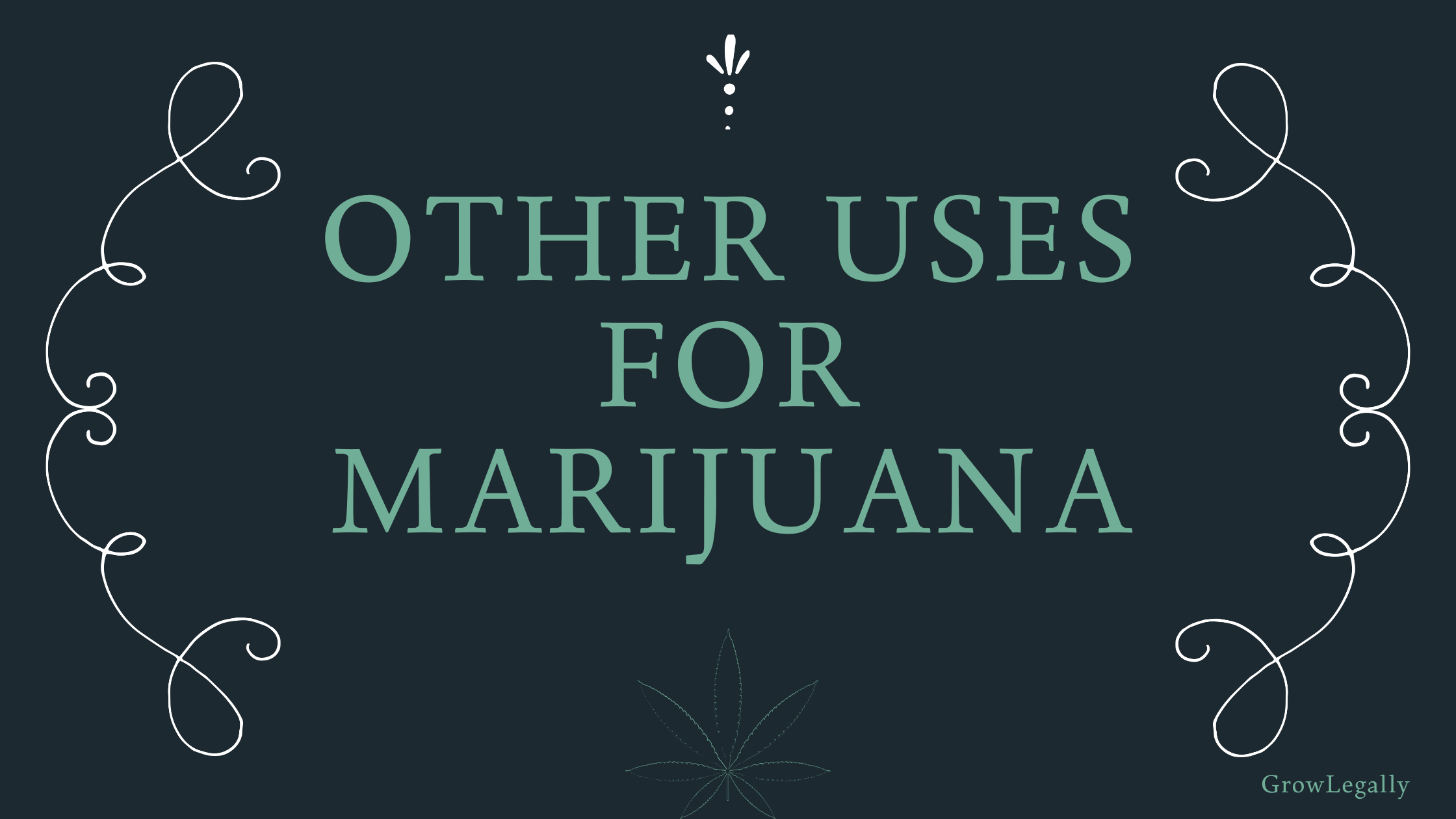


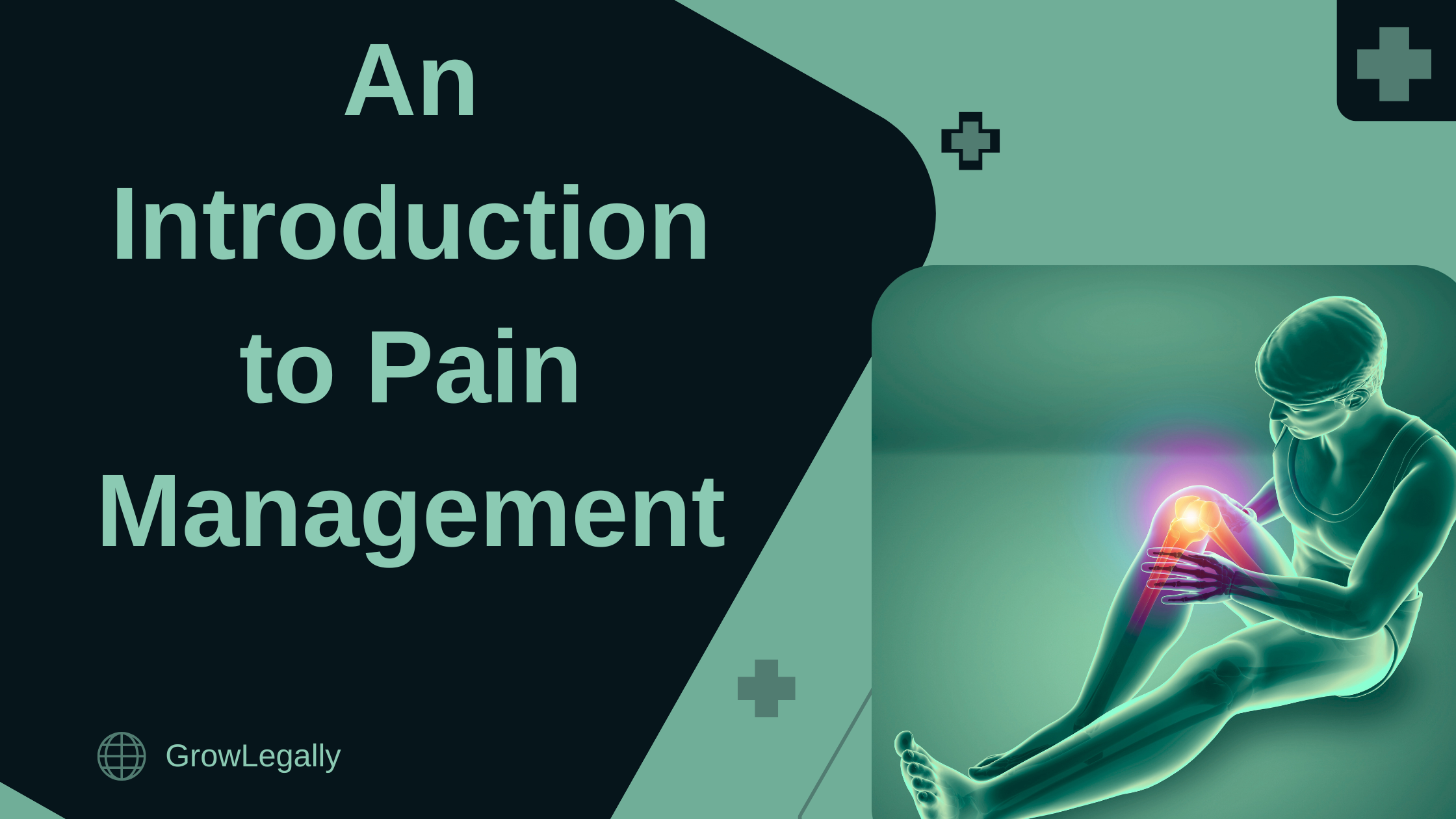

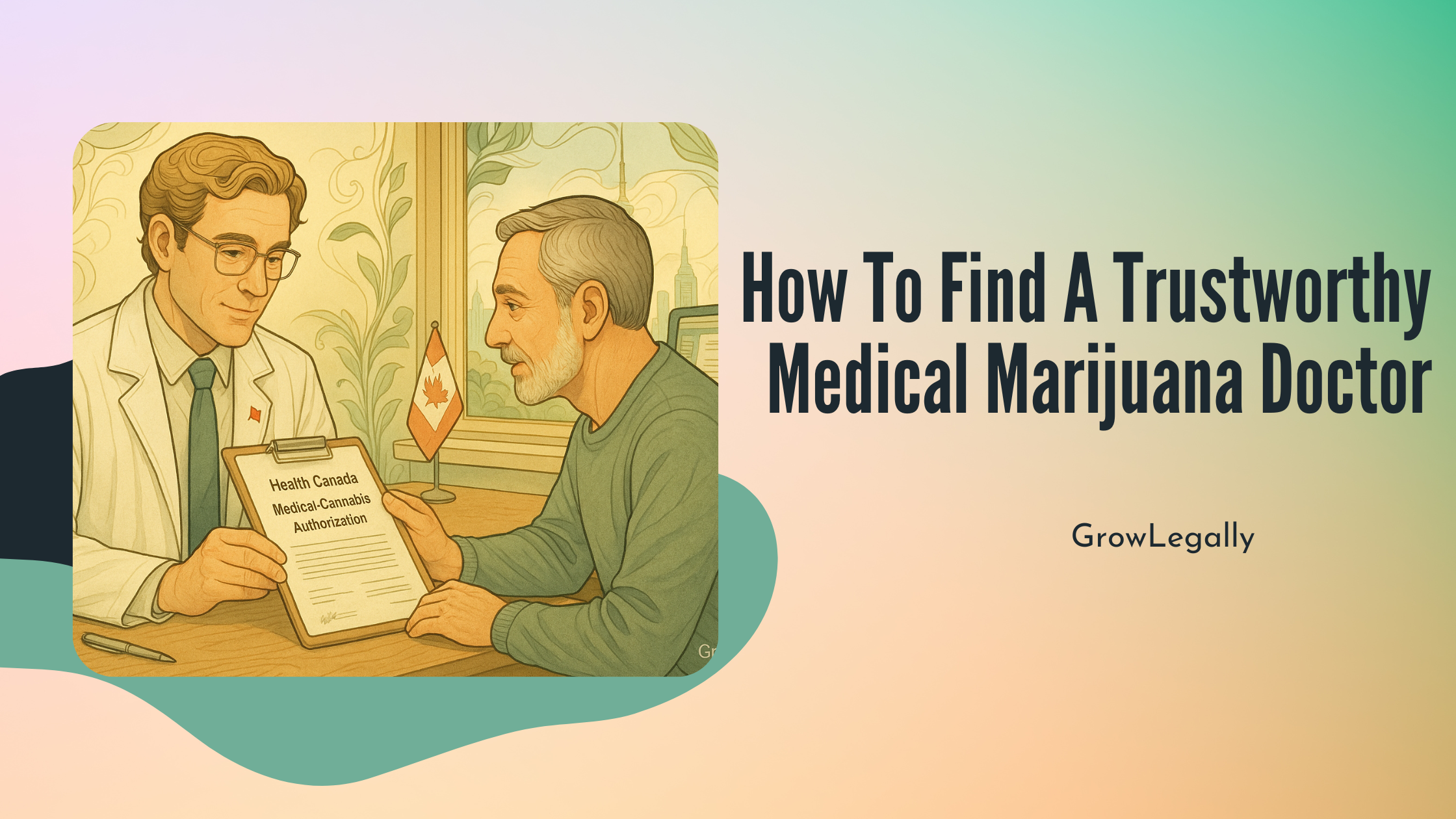
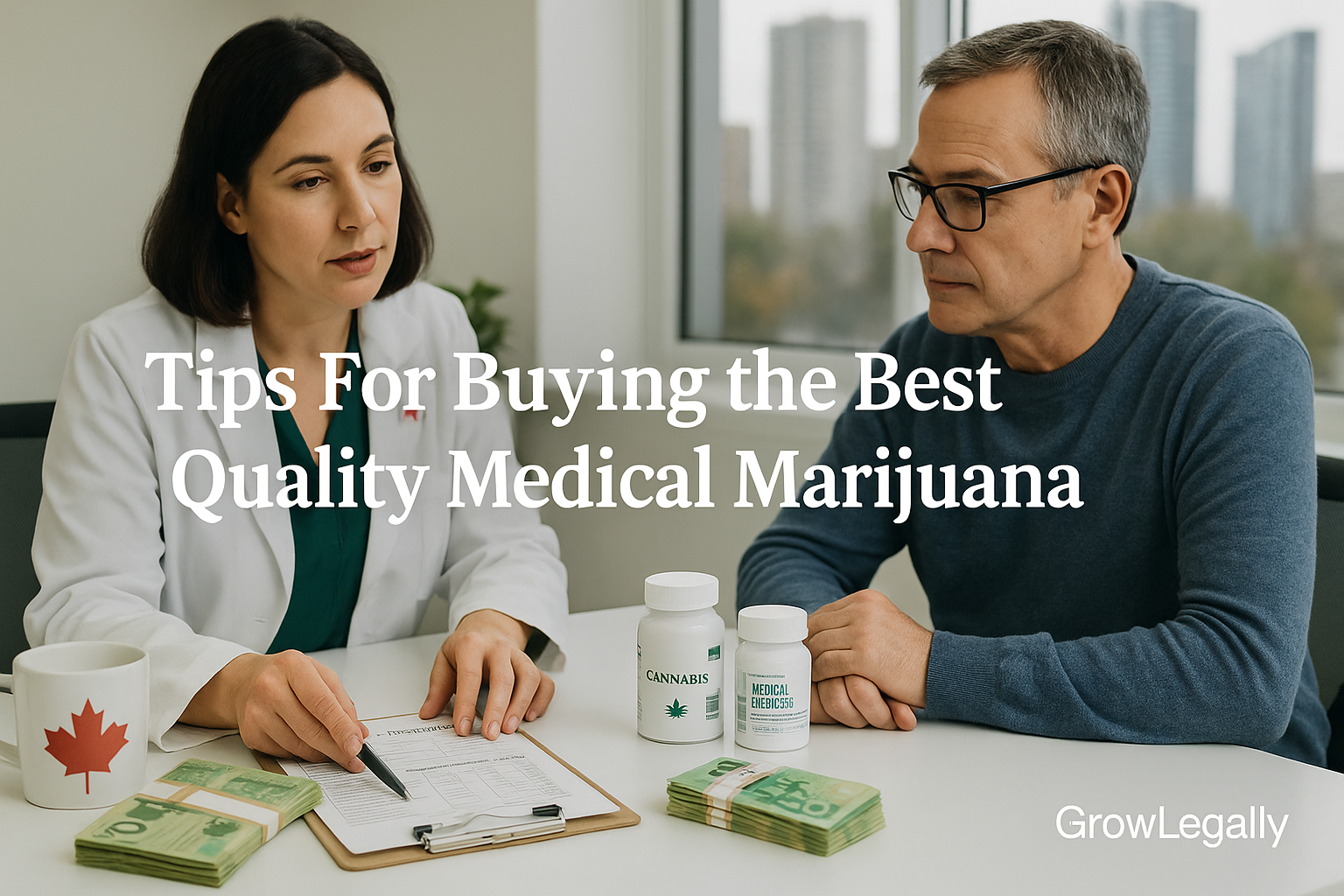
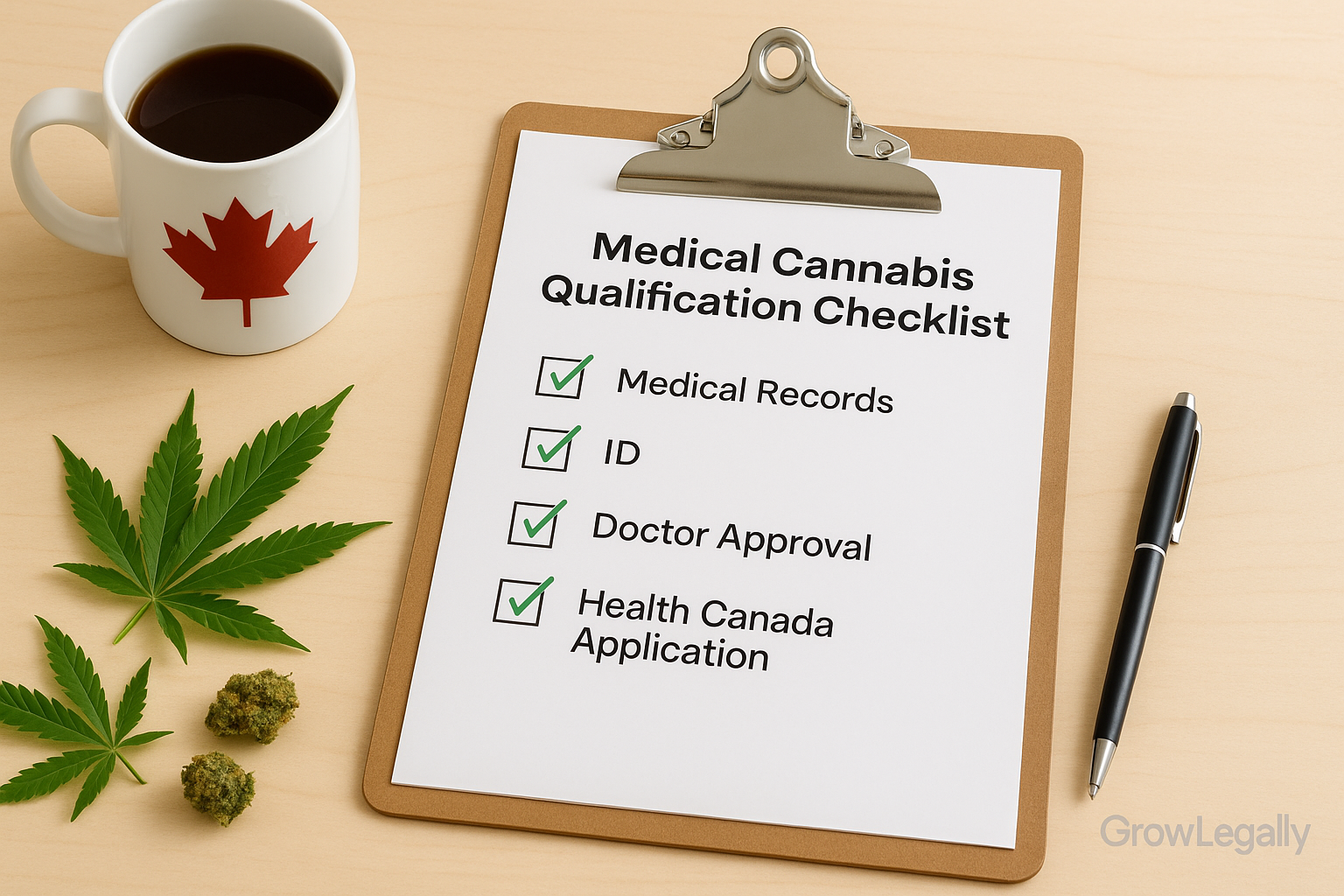
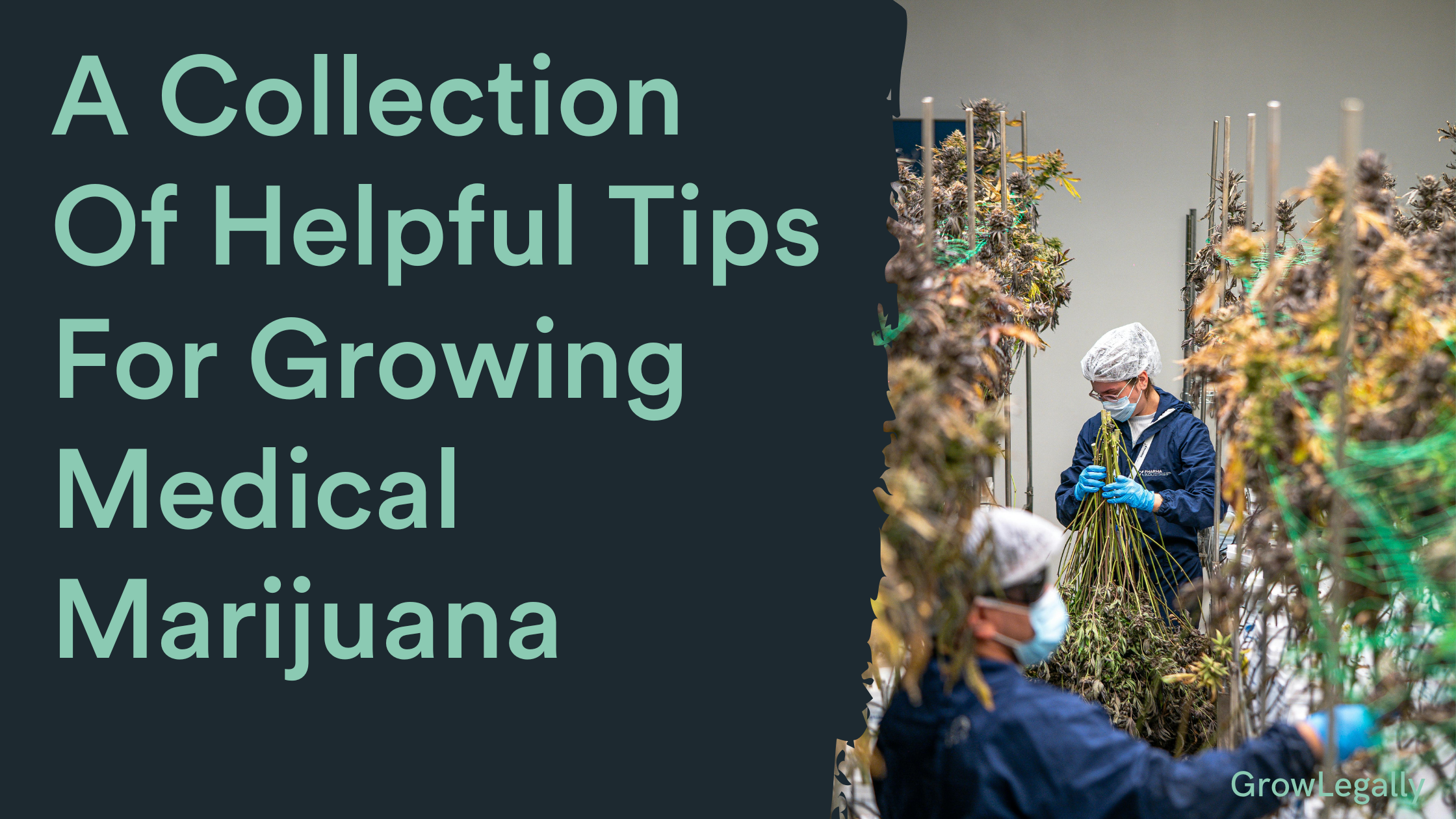
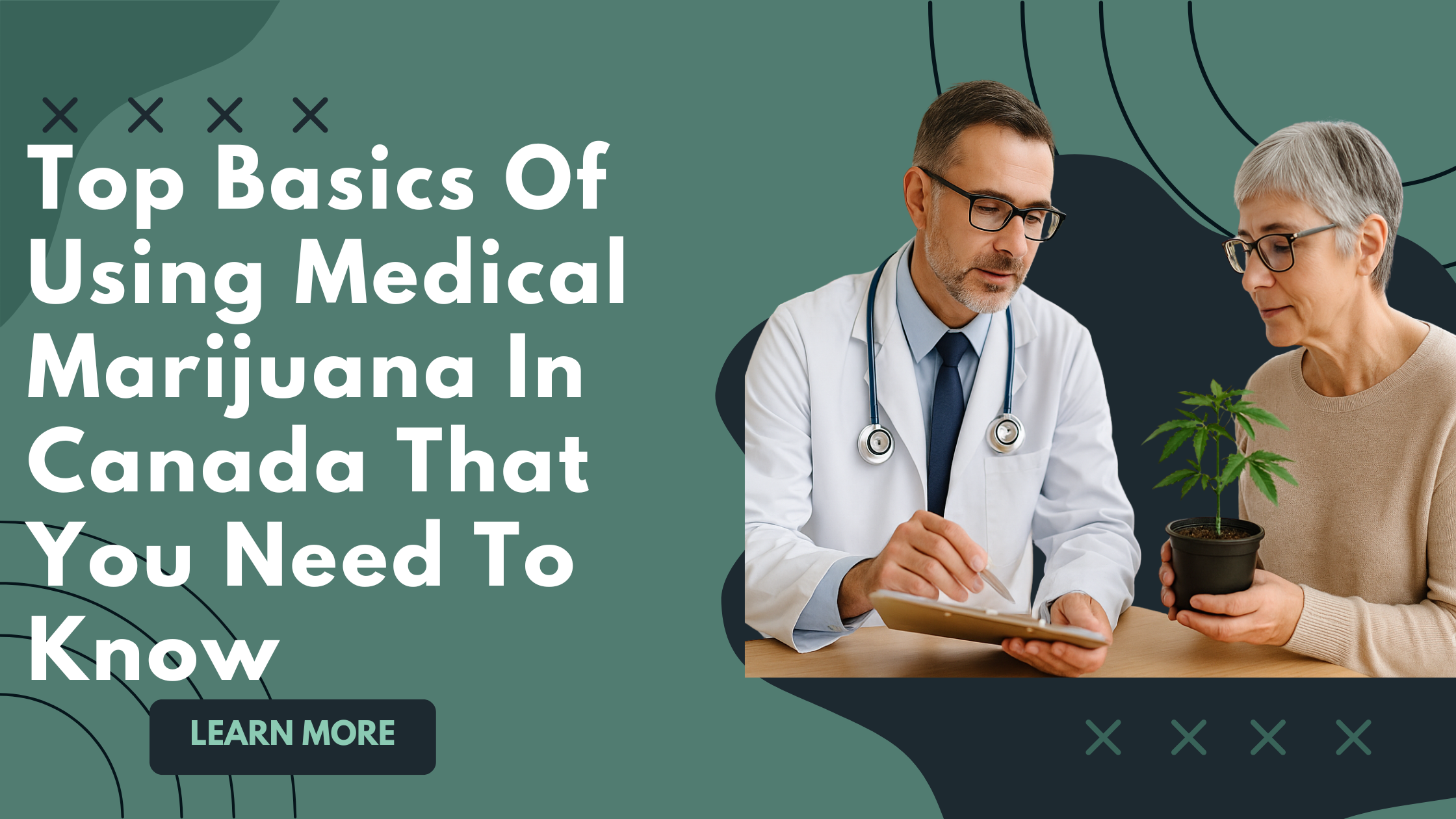
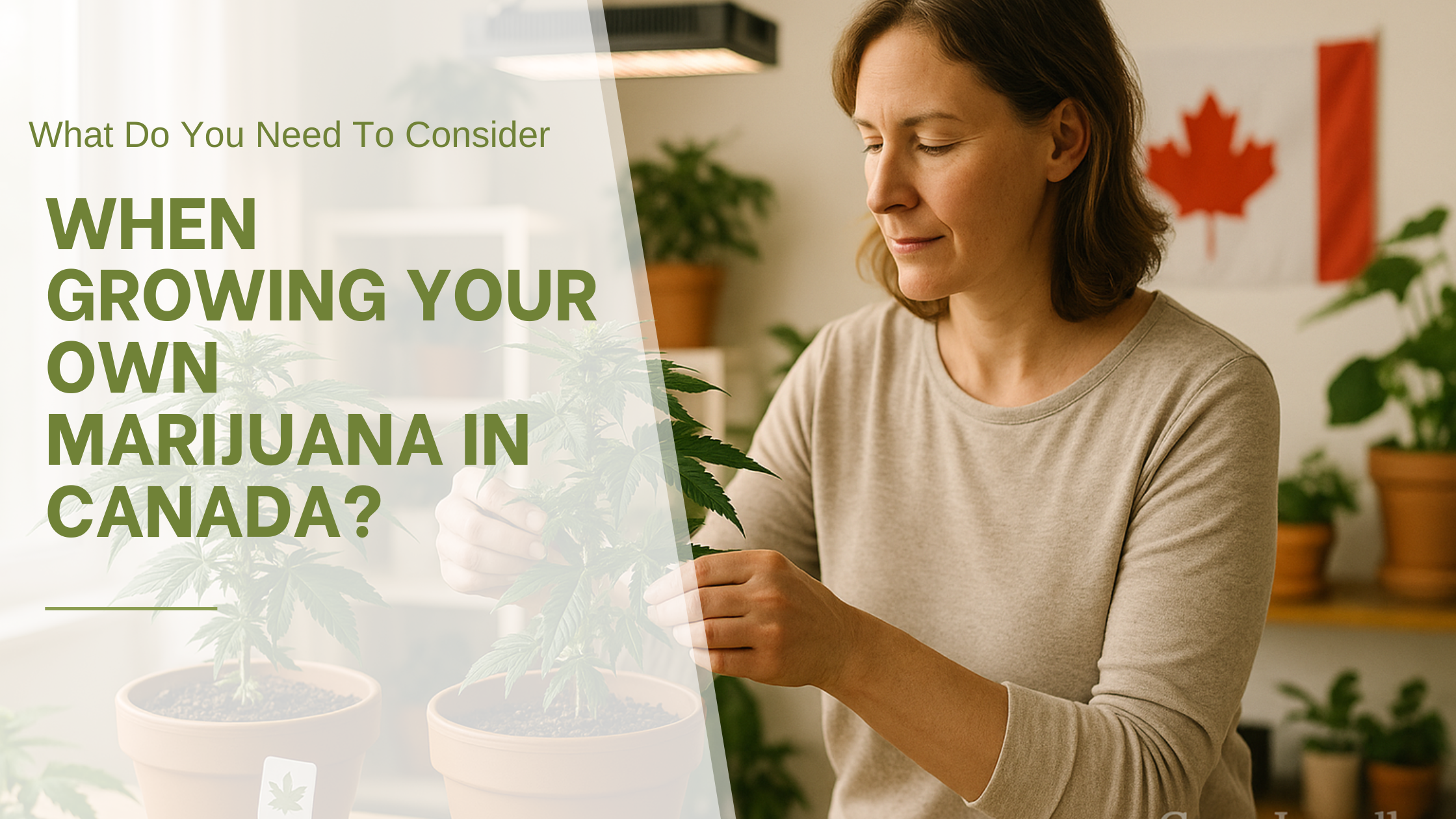


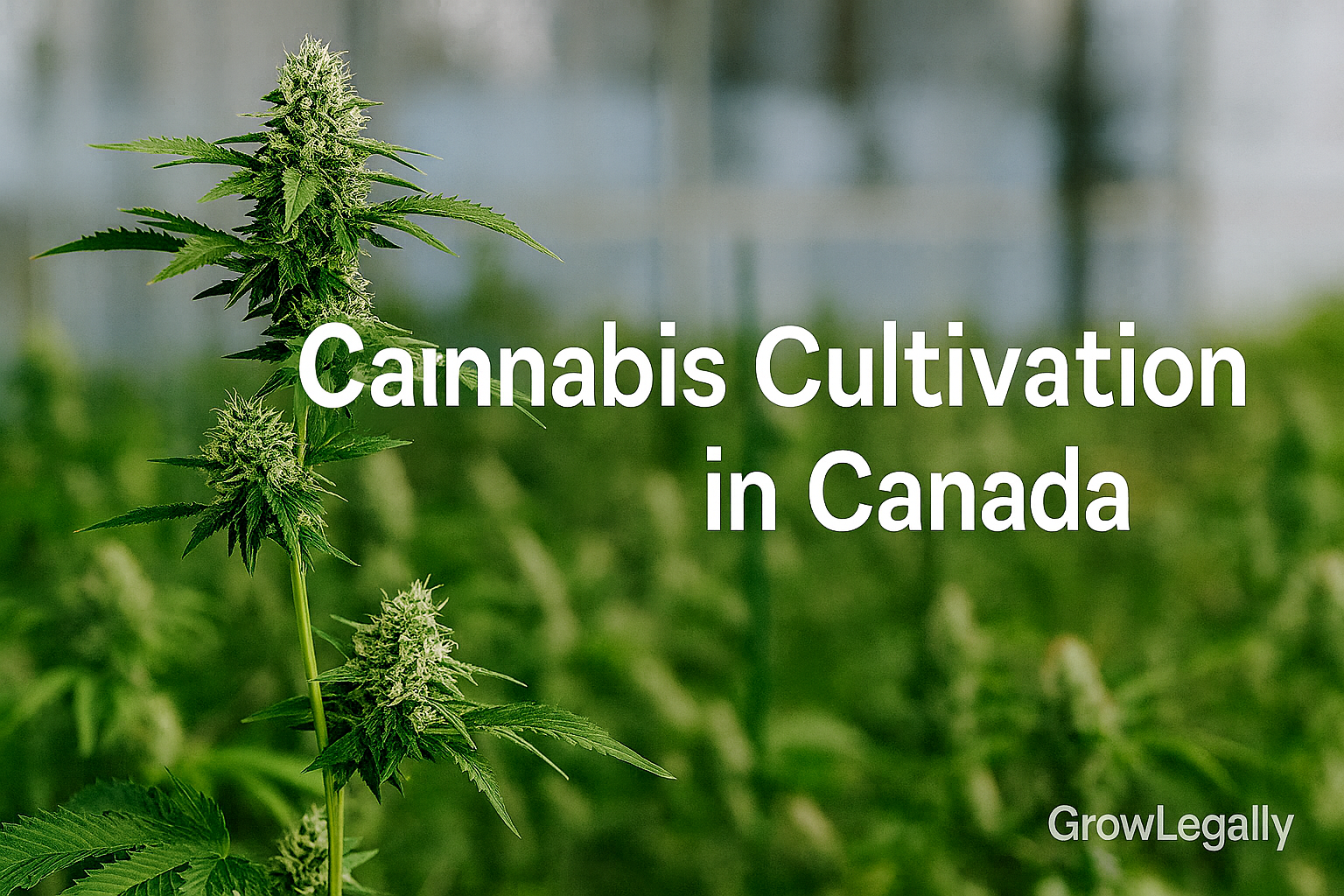
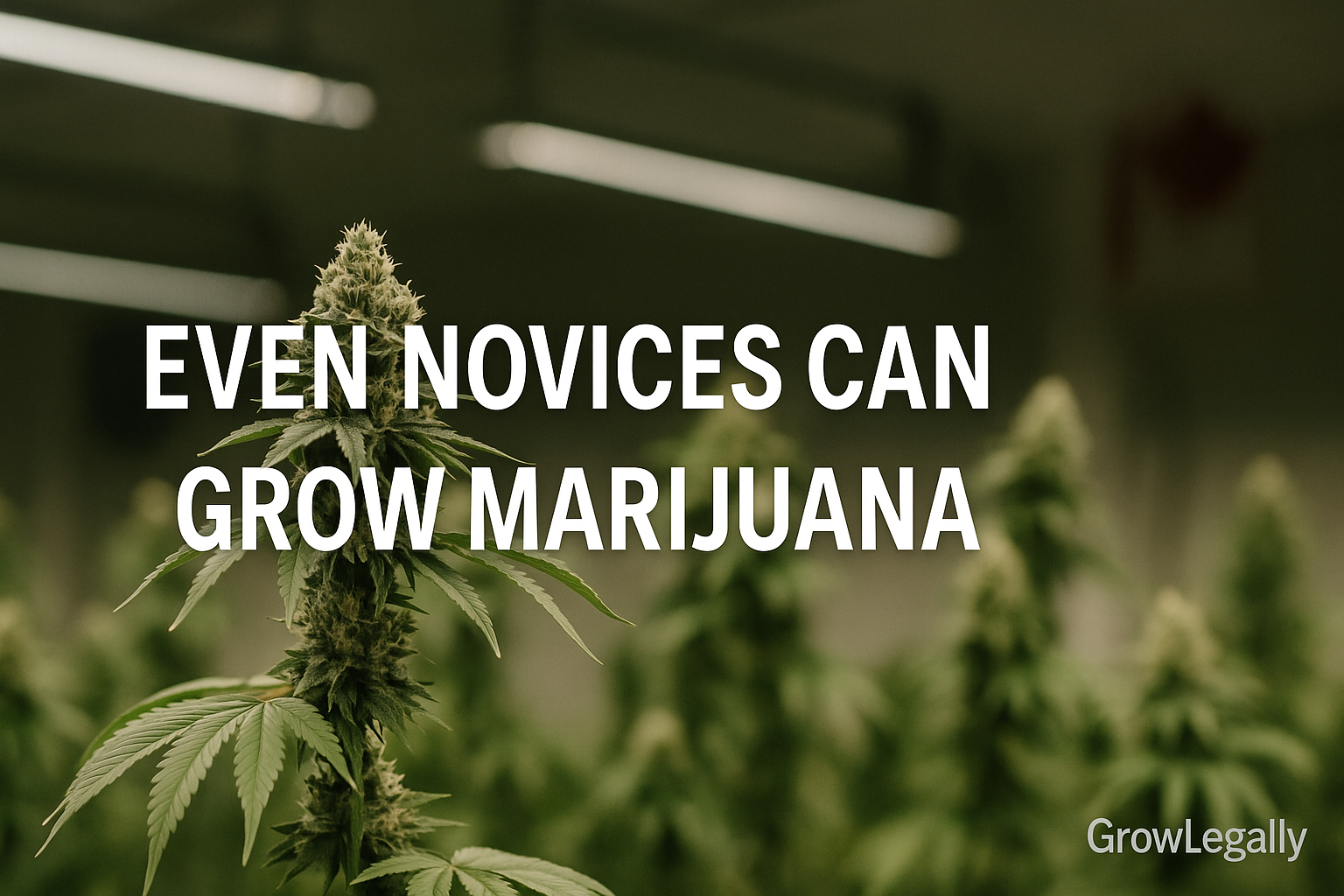


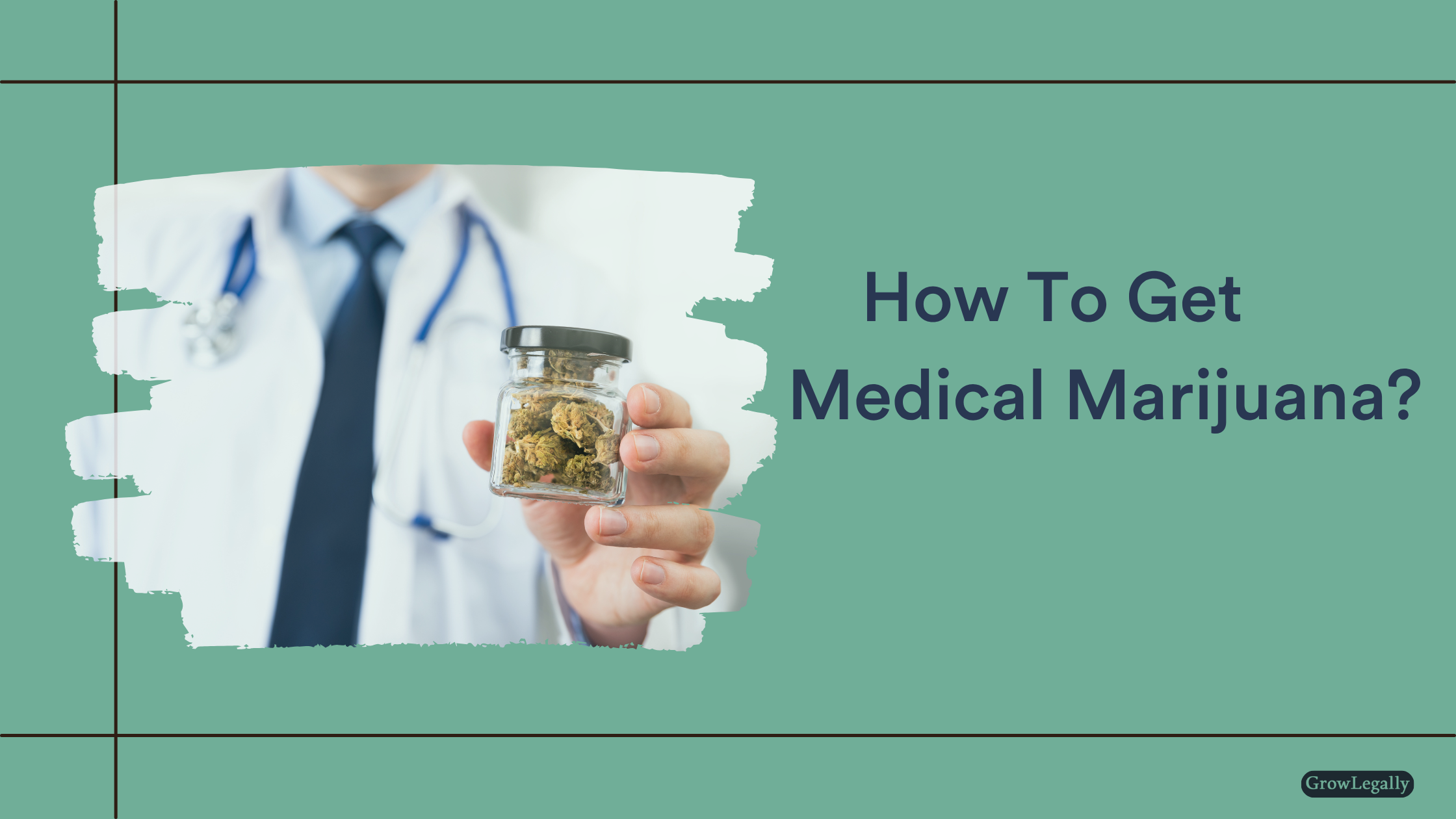

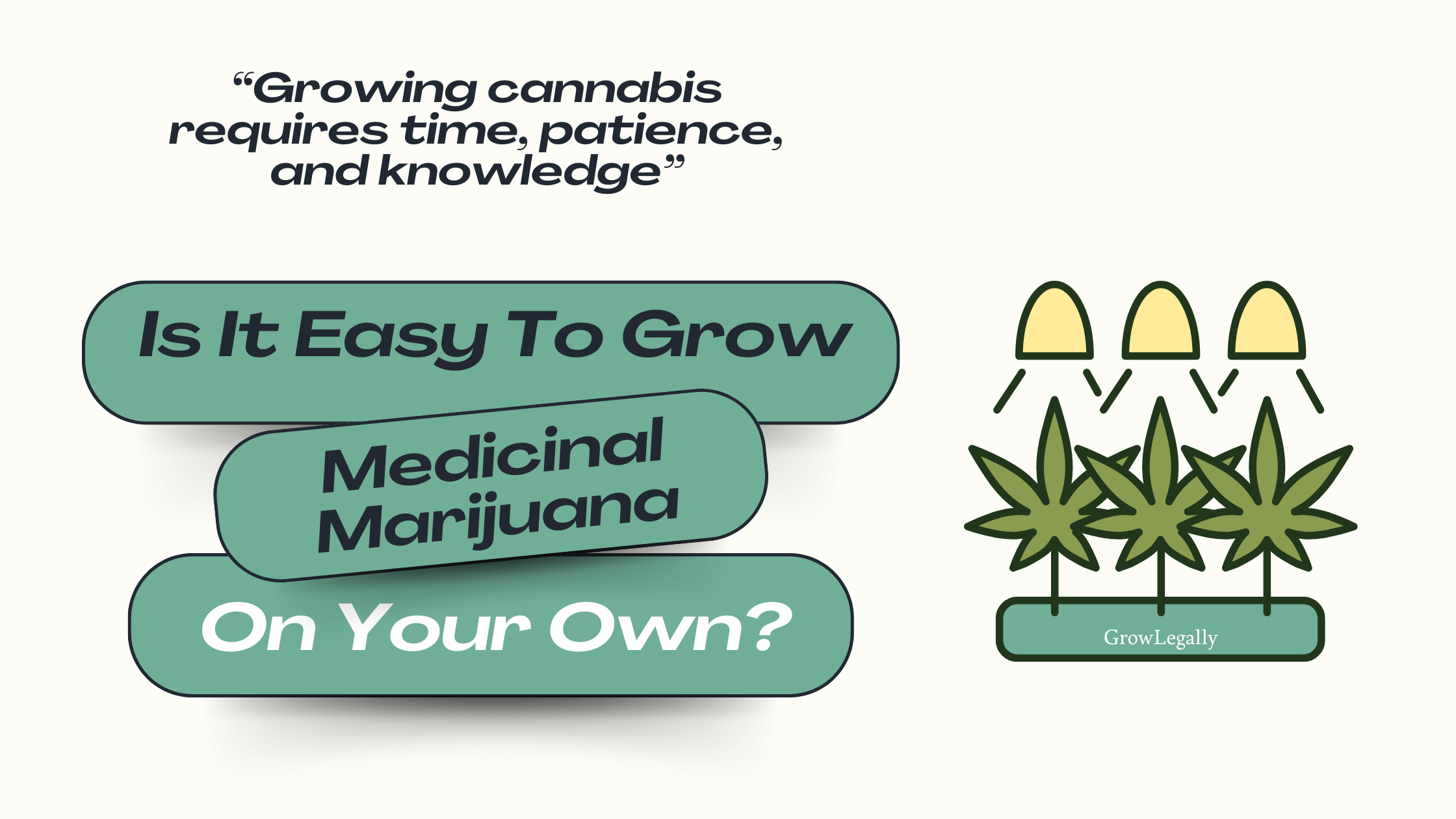
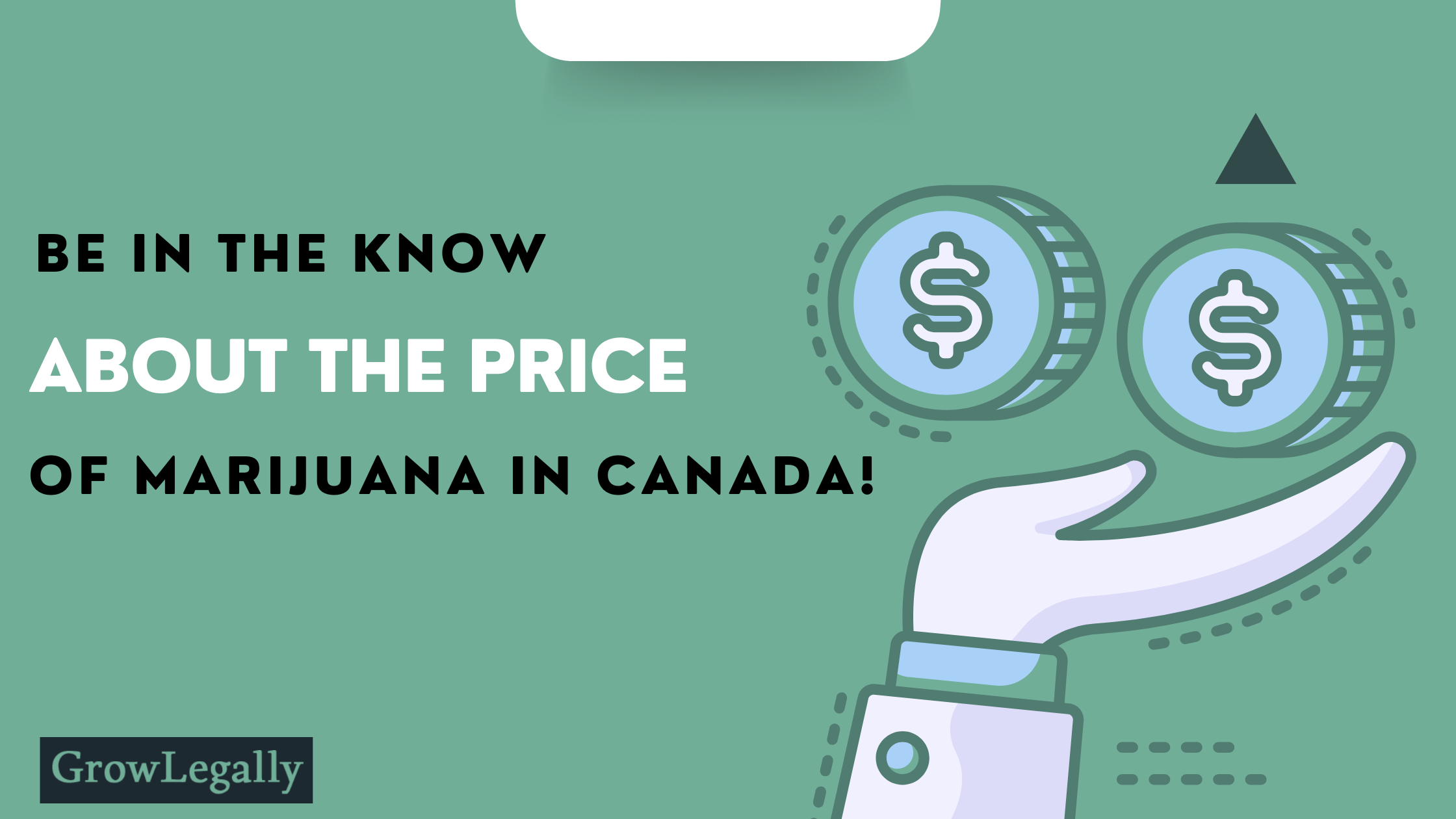





















.png)

















































.png)




























